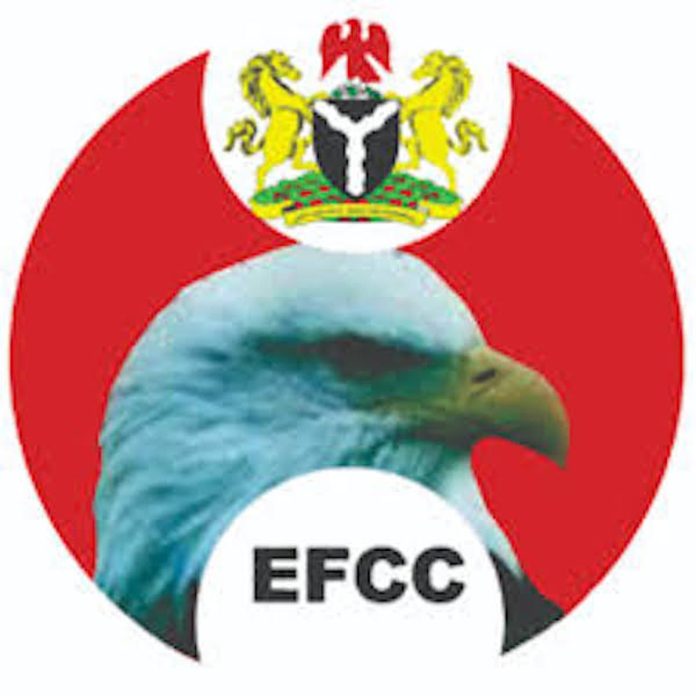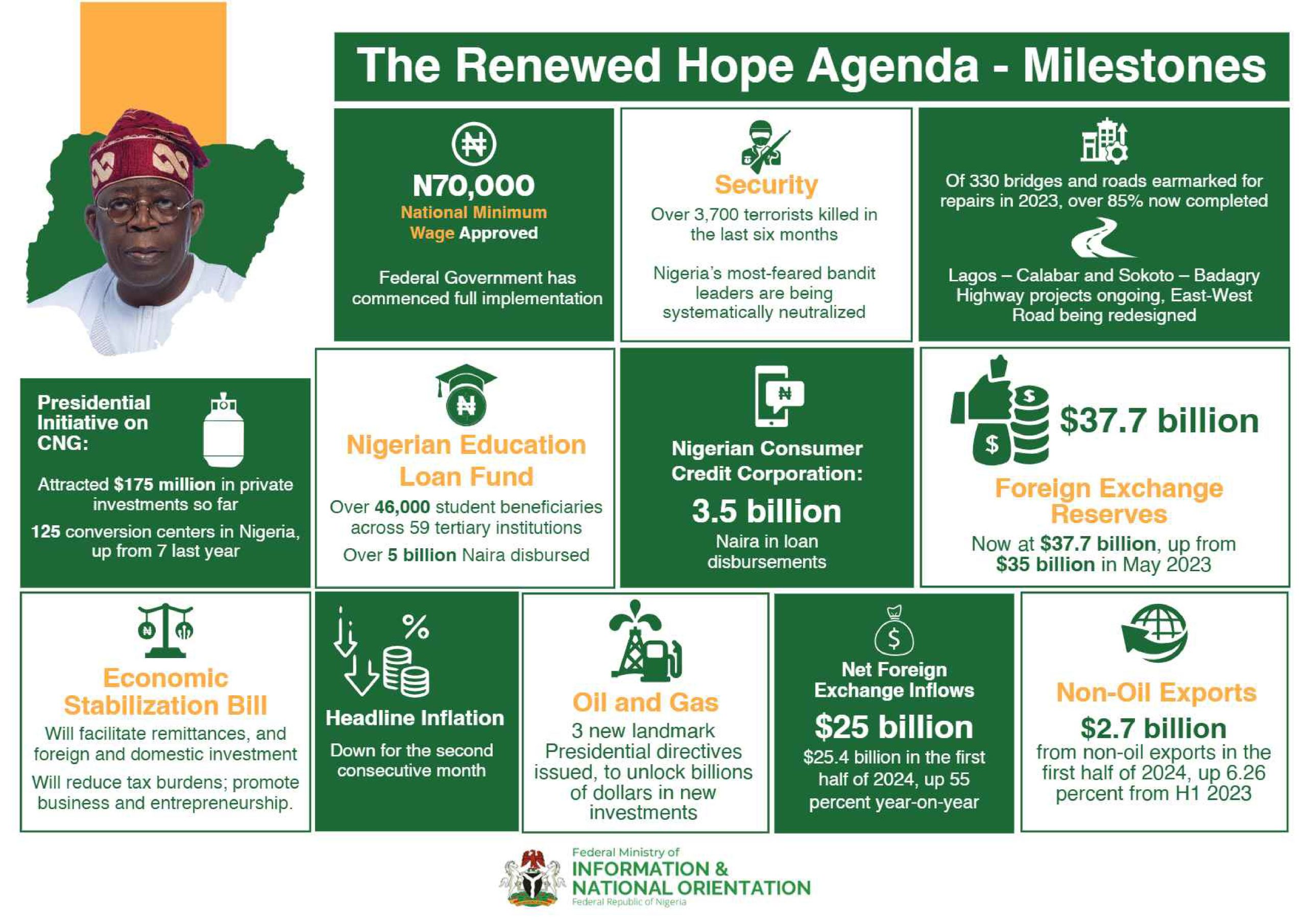As the Supreme Court gears up to hear the high-stakes suit brought by 16 state governors against the Federal Government, concerns are mounting about the potential for political interference.
The case, which challenges the constitutionality of the Economic and Financial Crimes Commission (EFCC), the Independent Corrupt Practices and Other Related Offences Commission (ICPC), and related laws, carries significant implications for the future of these agencies.
The case, known as Suit No. SC/178/2023, raises profound questions about federalism and the control of appropriated funds, as well as the legality of treaties not ratified by state legislatures.
The plaintiffs argued that the Federal Government, under no circumstances, should wield control over funds allocated by state Houses of Assembly.
Their contention rests on the assertion that the EFCC Act and its companions are based on the United Nations Convention against Corruption, which has not been ratified as mandated by Section 12 of the 1999 Constitution.
This section stipulates that no treaty shall have the force of law unless enacted by the National Assembly and ratified by a majority of state assemblies.
The Supreme Court’s previous ruling in Nwobike v. Federal Republic of Nigeria is pivotal to this case. The court confirmed that the EFCC Act stemmed from the UN Convention, underscoring the necessity of state approval for such legislation.
The governors argued that the absence of this ratification undermines the legality of the EFCC, ICPC, and related laws, labeling them as unconstitutional.
However, in their defence, the Attorney General of the Federation contends that the concurrence of state assemblies is not necessary for the validity of these acts.
This position raises eyebrows; it seems to dismiss the implications of the Supreme Court’s findings in the Nwobike case.
The implications of this legal battle extend beyond mere procedural questions. Critics have long asserted that the EFCC, since its inception, has functioned more as a political weapon than an impartial arbiter in the fight against corruption.
Early leadership under Nuhu Ribadu is often cited as a period marked by genuine efforts to tackle graft, but subsequent administrations have seen the agency increasingly used to target political opponents rather than to address systemic corruption.
It is no longer news that numerous cases exist of individuals facing charges while others with confirmed corruption allegations remain unscathed, seemingly protected by their political affiliations.
This perceived bias raises a fundamental concern: until the legal frameworks governing these agencies are fundamentally reexamined and restructured, Nigeria may continue to grapple with anti-corruption bodies that serve as tools for political manuevering rather than effective watchdogs.
Also, Governor Hyacinth Alia’s recent public denial of knowledge regarding the ongoing EFCC suit has left many astonished, particularly his fellow governors.
The apparent inconsistency has raised questions about Alia’s integrity, especially given his background as a priest, a role that typically emphasises moral fortitude and honesty.
Initially, Alia had shown strong backing for the suit, aligning himself with the other governors.
However, upon sensing disapproval from the Presidency, he abruptly distanced himself from the case. Instead of following the lead of other states in withdrawing from the suit, Alia opted for a dramatic manueuver: the suspension of Attorney General Mnyim.
This move has left many puzzled, especially considering Mnyim’s critical role in Alia’s administration and his deep understanding of state affairs.
Observers have noted the irony of this decision, as Mnyim has been instrumental in the governor’s governance and a trusted advisor.
READ ALSO: Obasanjo Denies Third Term Ambition, Blames Governors for Rumours
Many are left wondering why Alia would choose to embarrass someone so valuable to his administration at such a crucial moment.
The backdrop to this unfolding drama includes the Presidency’s reaction to the court ruling, which seems to have triggered Alia’s decision.
With pressure mounting, and perhaps frustrated by the court’s decision, Alia’s actions suggest a desperate attempt to shift focus from his own role in the suit to that of his Attorney General.
As the Supreme Court prepares to render its judgment, the outcomes of this case could reshape the landscape of governance in Nigeria.
If the governors succeed, it could signify a decisive shift in the balance of power between state and federal authorities and potentially restore a measure of accountability to institutions meant to combat corruption. The nation waits, keenly aware that the stakes extend far beyond the courtroom, touching the very heart of democratic governance and the rule of law.























